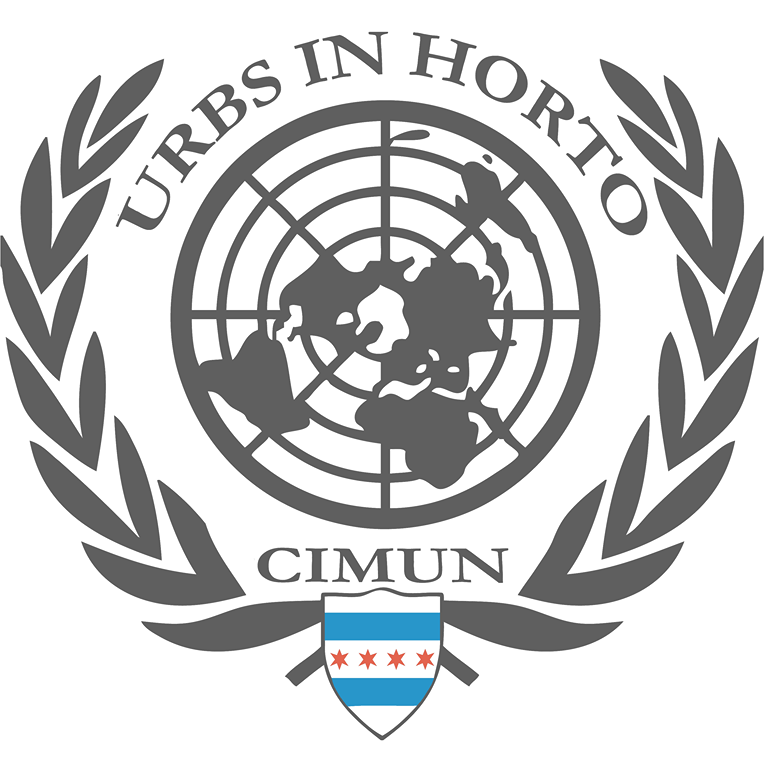On the African Union’s general assembly floor, delegates convened to discuss how to mitigate issues from climate change to biodiversity. Countless resolutions written have called upon using in-depth solutions to ensure ecotourism can be expanded, deforestation can be prevented, and a great deal of progress can be made to fully bring Africa into the 21st Century. The WE AID PB&J Paper was written to hold industries and corporations accountable for their environmental damage.
But this is par for the course for the African Union. Meeting after meeting, decade after decade, working papers with lofty goals to end pollution, eradicate hunger, expand access to clean plumbing are passed. And yet, there is no real change in Africa. Corrupt governments and a lack of press freedoms continue to lie to their citizens while enriching themselves, preventing any meaningful resolutions from being implemented.
Only seven countries in sub-Saharan Africa are considered Free by Freedom House, a global liberties watchdog. Reporters Without Borders, meanwhile, has highlighted 21 African countries in either red or black because violations of free press are so egregious that journalists cannot report news critical of their governments without fear for their well-being. And corruption has not ended. In January 2023, The Corruption Perceptions Index gave sub-Saharan Africa as a whole 32 out of 100 marks due to continued bribery and violation of political rights across the continent. With such discouraging metrics, it is no wonder why the African Union’s work fails to have long-term impacts. That is why it’s vital for them to take the delegation of Côte d’Ivoire’s lead to primarily pass resolutions that hold leaders accountable and expand the freedom of the press.
Côte d’Ivoire recognized that partisanship within the committee has prevented resolutions from being passed in a speedy manner.
“The delegation of Côte d’Ivoire is working towards a steady democracy,” said their representative. “That’s why we’re succeeding.”
The delegation of Guinea-Bissau concurred. “We lacked discussion of free press, but the free press is what holds governments accountable,” a Guinea-Bissau representative said. “We need to start giving a voice to the people.”
To ensure global democracy, it is vital that every country puts in its dues to combat corruption and the lack of a free media – because that will allow resolutions to be put into action.
